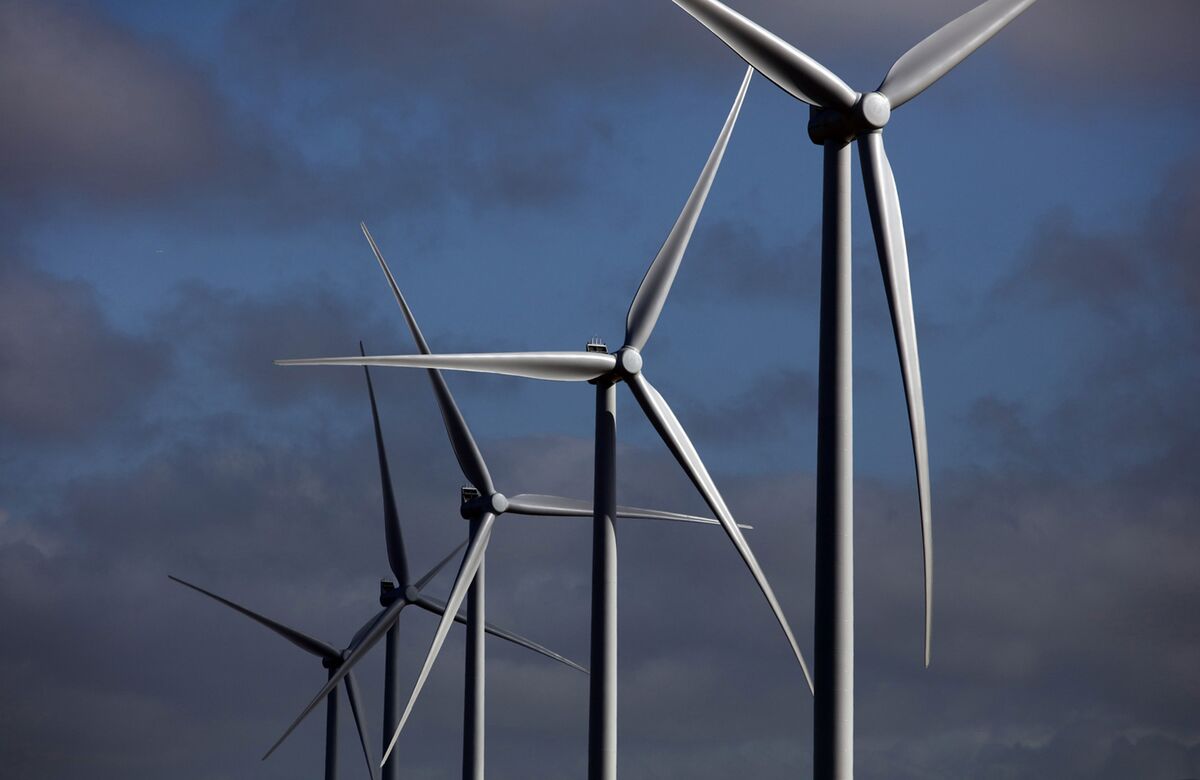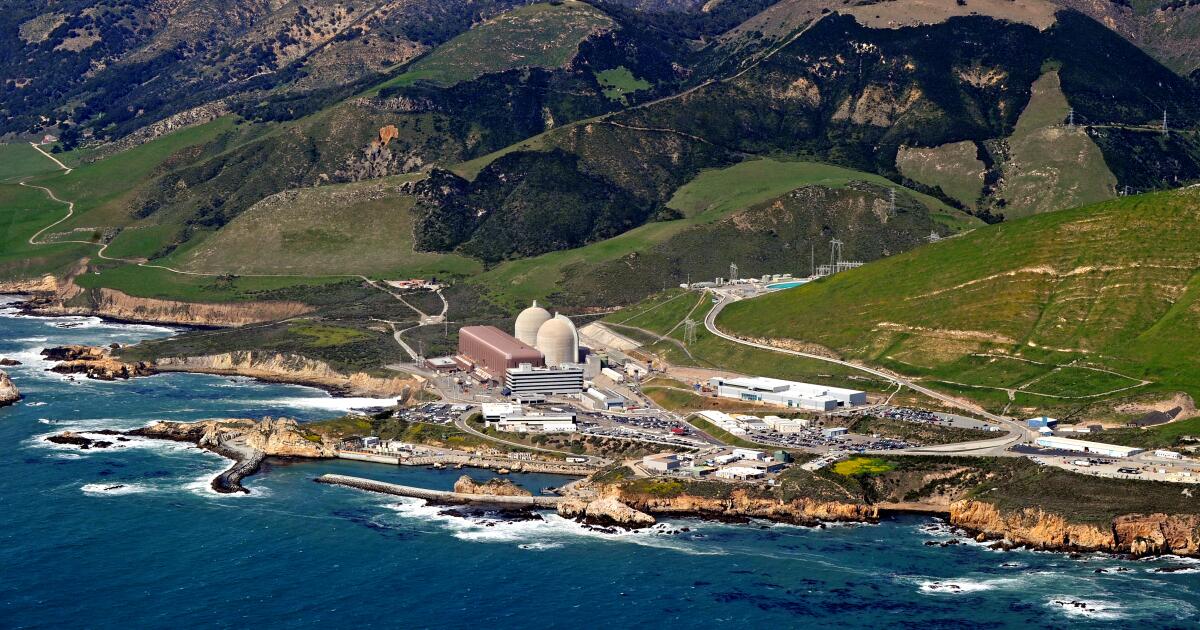SmartElectric
Active Member
All we need is 25000 square miles for solar panels and you have a deal
Ontario is spending $20B to refurbish a 10GW nuclear fleet, which will be paid by increases in energy costs to consumers.
That same money would buy 40GW of solar power.
Ontario has 5 million occupied dwellings, if every one deployed 8kW of solar, that is 40GW.
Ontario has 1.076 million km² by the way.









